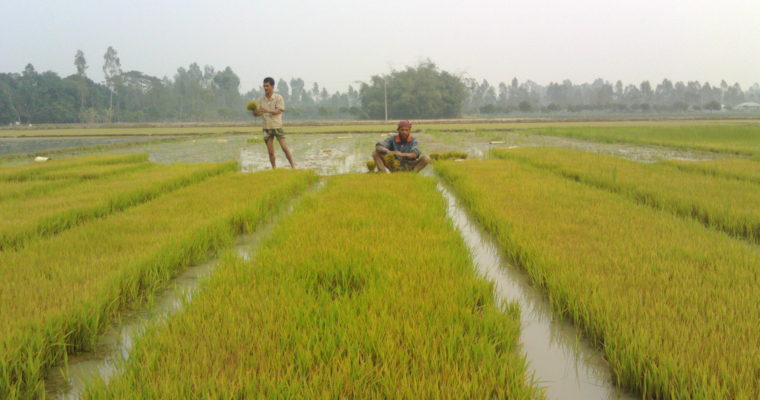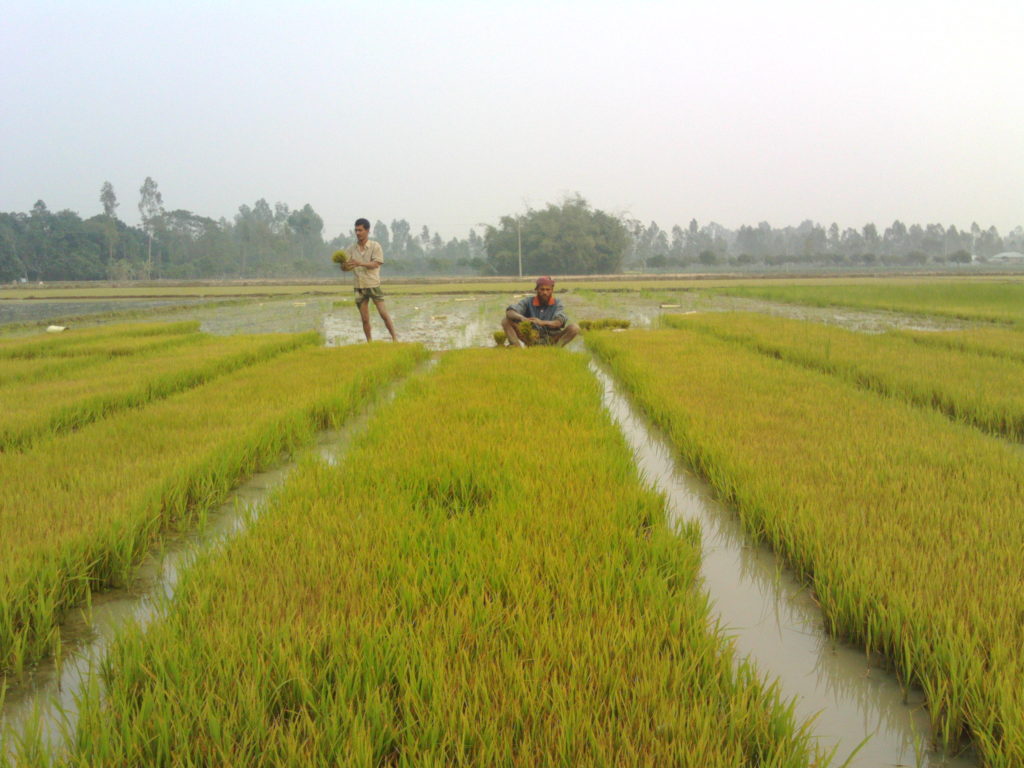This article was originally published by FAO Regional Office for Asia and the Pacific
Bangkok/Manila/Jakarta/Rome. Asia-Pacific’s smallholder family farmers produce most of the world’s food, yet they are facing a disproportionate impact on their livelihoods and food security due to the present coronavirus pandemic, a collaboration of FAO and advocacy groups warned today.
The COVID-19 impact on the region’s rural communities, and particularly those in developing countries, has resulted in economic slowdown and stagnation. The pandemic has exposed vulnerabilities and inequalities within and among countries. Food, trade, health and climate are interdependent and the pandemic has revealed the fragility of these linkages.
Family farmers are experiencing a weakening in their purchasing power, increasing amounts of food loss, falling prices, and other disturbances caused mainly by the disruption of food chains. With low average incomes, even before the pandemic, smallholder family farmers are now enduring worsening conditions. Nevertheless, they continue risking their own health, while playing their fundamental role in feeding us all.
The pandemic has threatened worsening poverty, food insecurity, gender inequality and progress toward other Sustainable Development Goals. In Asia, home to 350 million undernourished people, more than any other region, the pandemic threatens to undo decades of gains in reducing poverty and ending hunger.
A call to action that everyone needs to hear
The pandemic struck the world at a time when steps were being taken to raise awareness of family farming’s importance to global food security. Indeed, 2019 – 2028 has been proclaimed as the UN Decade of Family Farming (UNDFF), and a Global Action Plan was launched to raise visibility.
Here in the Asia-Pacific region, the Food and Agriculture Organization of the United Nations (FAO) has joined forces with ComDev Asia, a communication for development initiative supported by FAO, including the Asian Farmers’ Association (AFA), the UPLB College of Development Communication (CDC), the Association of Community Radio Broadcasters (AMARC), Digital Green, and the Self-Employed Women’s Association (SEWA), to launch a regional awareness campaign. Its main aim is to create a better understanding of the important role family farmers’ play in building a resilient food secure region, one that can provide nutritious food for its people. By extension, family farming also relates to fisher folks, herders and people relying on forests for their food and livelihoods. The campaign will also give voice to family farmers’ organizations and reach out to rural communities through the use of community radio in 15 countries of the region.
“The campaign is calling on all people to value the role of family farmers to achieve food security in this region, especially during the pandemic. Family farmers are the frontline to provide nutritious food for us all. We believe a more resilient family farmer is representing a more resilient world,” said Maria Stella Tirol, ComDev Asia facilitator during the campaign launch.
“Family farmers are food heroes, and are front-liners to the work of providing healthy and nutritious food to strengthen our immunity and resistance to disease and sickness. All over Asia and Pacific, family farmers through their organizations have conducted campaign awareness on COVID-19, they have distributed food packs to their more vulnerable members, they have established farmers’ markets and online shops to bring fresh and healthy produce to urban poor consumers, and they have partnered with government agencies in massive food production campaigns,” states Esther Penunia, Secretary General of the Asian Farmers’ Association (AFA), an alliance of national farmers organizations in 16 countries, with 13 million small scale family farmers as its members.
The knock-on effect
Globally, there are some 500 million family farmers. In the Asia-Pacific region, smallholder farmers own and operate the vast majority of farmland, but representing less than five hectares per farm.
Less than 25 percent of what they produce is consumed by their own families, with the remaining 75 percent sold on to markets. This means a large number of farmers produce a surplus for sale, contributing to national and even global food security. Indeed, family farmers produce more than 80 percent of the world’s food.
“This campaign to advocate for Asia-Pacific’s family farmers, fishers, herders and others is needed now more than ever,” said Allan Dow, FAO’s Asia-Pacific Communication Officer. “Safeguarding the food security and livelihoods of the most vulnerable people in our vast region is an absolute priority – and with the added impact of this global pandemic a call to action must be loud and clear.”
FAO has created a family farming knowledge platform, with an extensive amount of information materials. Through this knowledge platform, the partners in this campaign will also reach out to various stakeholders including members and development partners.
View original article: http://www.fao.org/asiapacific/news/detail-events/en/c/1300780/
Reliefweb: https://reliefweb.int/report/world/hundreds-millions-family-farmers-asia-pacific-need-help-ensure-food-security-face





Comments are closed